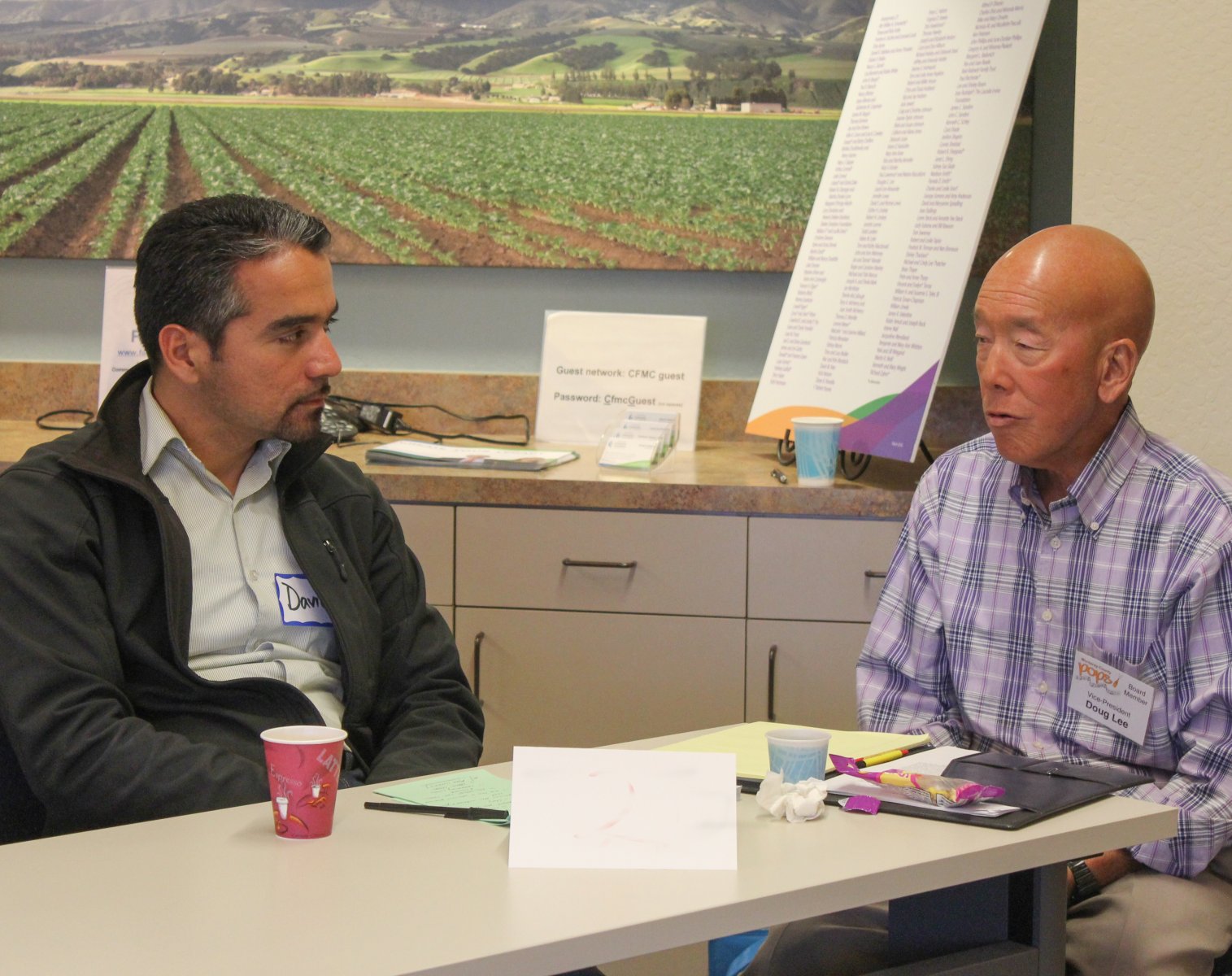
Mentoring for Organizations Toolbox
Toolbox
The toolbox contains a sampling of tools and resources that were created, adapted, or used by the consultants who designed and implemented the mentoring for organizations programs. They are organized into categories (at right) typically of interest to small nonprofit organizations, but also useful for organizations of any size.
Selecting Tools
Tools can be a variety of resources that mentors either create or bring to the attention of the organization’s leaders to support their identified capacity building needs. They may include trainings and conferences, webinars, books, articles, websites, templates, assessments, questionnaires, checklists, guidelines, sample plans, policies, sample bylaws, job descriptions, among many others. Developing, identifying, and recommending tools requires careful examination of their suitability and relevance for the organization and the purpose for which it will be used. Our criteria for selecting tools include those that are:
- Presented by a reputable source or developed and tested by the mentor.
- Used or tested effectively (and endorsed) by other organizations or consultants.
- Up-to-date or timeless in its content.
- Appropriate for the needs, culture, context, and developmental stage of the organization or is easily adaptable to meet those needs.
- Accessible in terms of language.
- Within the organization’s capacity to implement them.
- Supportive of reflection, critical thinking, and learning.
- Compatible with the organization’s values and mission.
- Useful in explaining, synthesizing, or simplifying complex processes.
- Useful for promoting collaborative planning and decision-making.
- Published to be shared, used, or adapted without copyright restrictions other than attribution.
The mentor should work with the organization to ensure that:
- The tool is adapted to fit the organization’s needs and circumstances.
- Use of the tool does not distract from the time needed for critically important analysis, thinking, and discussions.
- It is not seen as a “quick fix” to the challenge of allocating time and resources to good planning and for making important decisions.
Working with Consultants
Consultants and other technical assistance providers can be excellent resources for building organizational capacity. Time and financial resources are often limited, so selecting the right consultant is essential.
Criteria for Selecting Consultants
- Connection with and understanding of the organization’s mission, values and culture.
- Interest in the organization and project.
- Relevant background and expertise, including both functional expertise and subject matter or work/life experience.
- Experience with similar organizations.
- Ability to execute the project successfully within budget parameters, time frame, etc.
- Known as trustworthy, respectful, collaborative and flexible.
- Communication style, wisdom, critical thinking skills, emotional intelligence and listening skills demonstrated through interviews and confirmed through references.
Process for Engaging Consultants
For many small or emerging organizations, working with a consultant will be a new experience. The mentor can play a critical role in facilitating a successful engagement. The mentor is often a bridge and translator of the organization’s needs and the consultant’s offerings. Guiding the organization in the process of selecting, engaging and working with a consultant or technical assistance provider is an important step in building the organization’s ability to use these resources and in developing self-reliance. In selecting and engaging a consultant, a mentor can help:
- Clarify what support is wanted and needed and work with the organization to develop a Request for Proposal.
- Provide names and credentials of consultants with relevant skills and encourage the leaders to review the credentials and contact the consultants to explore their interest and availability.
- Provide sample Requests for Proposal and support the organization in developing their own for this engagement.
- If needed, work with the leaders as they evaluate the proposals and select their preferred consultant. This may include attending interviews between the leaders and consulting candidates.
- Support the organization in developing a formal written contract or simple letter of agreement to clarify the engagement and expectations, formalize the relationship, and give both parties the appropriate guidance for resolving any problems that may arise. The letter of agreement should include a detailed description of the work to be done, timetables/milestones, required resources, expected outcomes or deliverables; and agreed budget.
- Support the organization once the work begins by asking questions about progress during the monthly mentorship meetings. The consultant may at times ask the mentor for support in communicating with the organization’s leaders to ensure that the work progresses as planned and desired, or to discuss course correction, if necessary.
Curated Online Nonprofit Resources
- Board Source
- California Association of Nonprofits
- Chronicle of Philanthropy Resources
- CompassPoint
- Foundation Center
- Free Management Library
- Grassroots Institute for Fundraising Training
- GuideStar
- Idealware
- National Council of Nonprofits
- Nonprofit Quarterly
- Nonprofit Technology Network
- Stanford Social Innovation Review
- Strengthening Nonprofits: A Capacity Builder’s Resource Library
